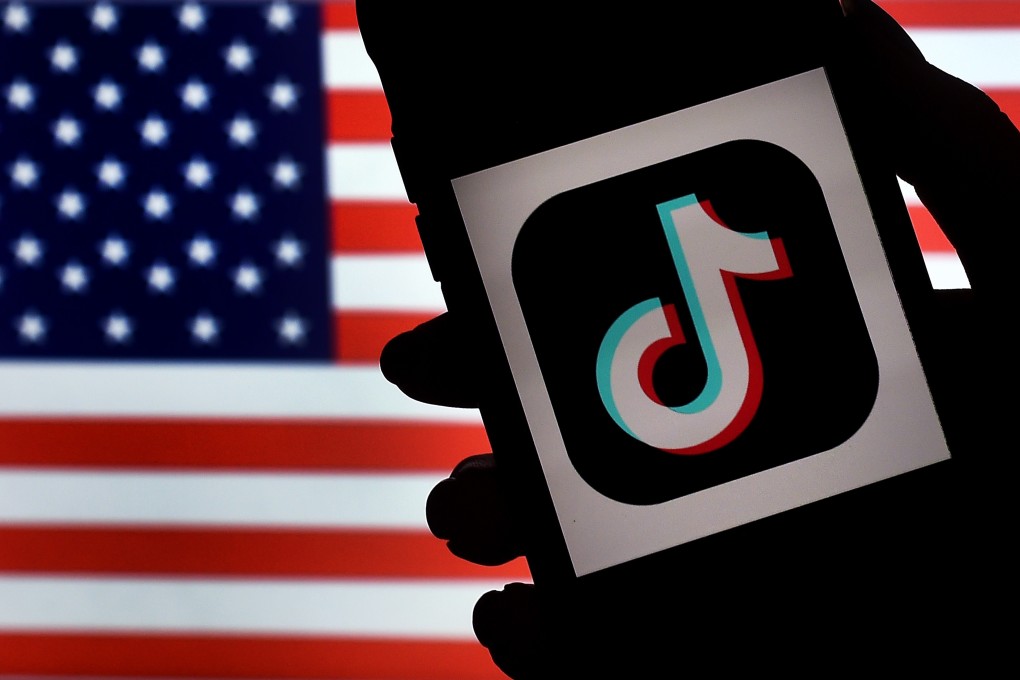Opinion | Forget a cold war and the TikTok, WeChat bans. Is the US preparing for a hot war with China?
- The White House has sent mixed signals on China, agreeing to hold talks while announcing a ban on Chinese apps
- But the hope that these are just Washington’s negotiation tactics is fading, amid worries of a potential armed conflict

In the past few days, several developments have rippled across the communities that closely watch US-China ties. In some ways, these narratives appear to be at odds with each other but, as is so often the case, the contradictions are where the real meaning can be found.
Whether the anticipated meeting between Lighthizer and Liu takes place, how should we understand this story, presumably a deliberate White House leak, given Washington’s increasing political and economic aggression against Beijing?

01:14
Trump gives Microsoft 45 days to buy TikTok from China’s Bytedance
In the context of Trump’s well-established approach to negotiations, and Lighthizer’s famous dictum about focusing on points of leverage, should the new attack on Chinese tech firms be seen as an attempt to merely create new leverage in the trade talks, or a Cold War tactic aimed at re-establishing American strategic dominance, or both?
